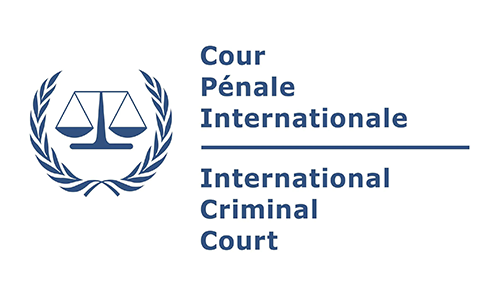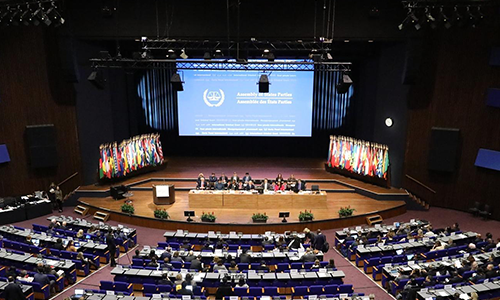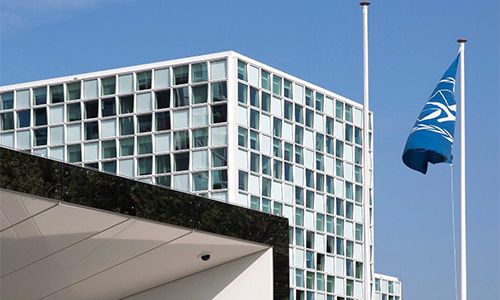Relations with Inter-Governmental Organizations
● Concerned organization: H-XF2416 – ECHO.
● Precursors include: H-XF2659 – International Criminal Tribunal for the former Yugoslavia (ICTY); H-XF3645 – International Criminal Tribunal for Rwanda (ICTR).
● Member of: F-XF5941 – United Nations Joint Staff Pension Fund (UNJSPF).
● Permanent Observer to: E-XE3377 – ECOSOC.
● Observer status with: United Nations (UN)(General Assembly)
Relations with Non-Governmental Organizations
Concerned organizations:
● B-XB0054 – Amnesty International (AI);
● U-XF4100 – Foundation for the Establishment of an International Criminal Court (FEICC);
● B-XB1324 – International Association of Penal Law (IAPL);
● F-XF1623 – International Committee of the Red Cross (ICRC);
● F-XJ3678 – International Criminal Bar (ICB);
● G-XG0766 – International Criminal Justice and Weapons Control Center (IWCC);
● F-XF4373 – No Peace Without Justice (NPWJ);
● F-XF1976 – Nonviolent Radical Party, Transnational and Transparty (PRNTT);
● F-XF2965 – Siracusa International Institute for Criminal Justice and Human Rights (SII);
● F-XG9946 – Women’s Initiatives for Gender Justice (Women’s Initiatives);
● F-XC3477 – World Federalist Movement – Movement for a Just World Order through a Strengthened United Nations (WFM).
Members
State Parties (123) at Aug 2020:
Member Countries & Regions
Andorra, Afghanistan, Antigua-Barbuda, Albania, Argentina, Austria, Australia, Bosnia-Herzegovina, Barbados, Bangladesh, Belgium, Burkina Faso, Bulgaria, Benin, Bolivia, Brazil, Botswana, Belize, Canada, Congo DR, Central African Rep, Congo Brazzaville, Switzerland, Côte d’Ivoire, Cook Is, Chile, Colombia, Costa Rica, Cape Verde, Cyprus, Czech Rep, Germany, Djibouti, Denmark, Dominica, Dominican Rep, Ecuador, Estonia, Spain, Finland, Fiji, France, Gabon, UK, Grenada, Georgia, Ghana, Gambia, Guinea, Greece, Guatemala, Guyana, Honduras, Croatia, Hungary, Ireland, Iceland, Italy, Jordan, Japan, Kenya, Cambodia, Kiribati, Comoros, St Kitts-Nevis, Korea Rep, St Lucia, Liechtenstein, Liberia, Lesotho, Lithuania, Luxembourg, Latvia, Moldova, Montenegro, Madagascar, Marshall Is, Mali, Mongolia, Malta, Mauritius, Maldives, Malawi, Mexico, Namibia, Niger, Nigeria, Netherlands, Norway, Nauru, New Zealand, Panama, Peru, Poland, Palestine, Portugal, Paraguay, Romania, Serbia, Seychelles, Sweden, Slovenia, Slovakia, Sierra Leone, San Marino, Senegal, Suriname, El Salvador, Chad, Tajikistan, Timor-Leste, Tunisia, Trinidad-Tobago, Tanzania UR, Uganda, Uruguay, St Vincent-Grenadines, Venezuela, Vanuatu, Samoa, South Africa, Zambia, North Macedonia





